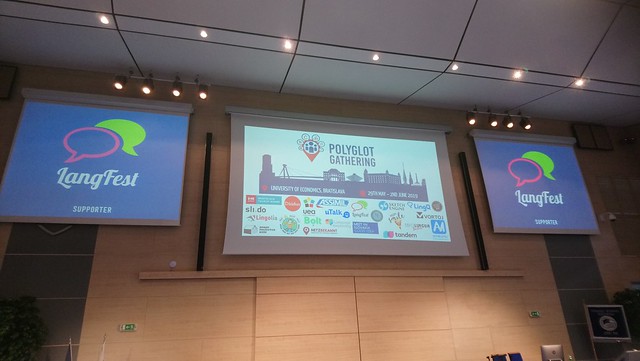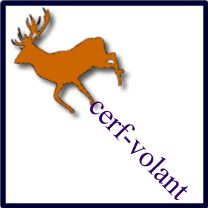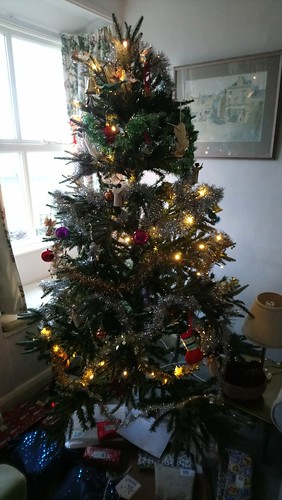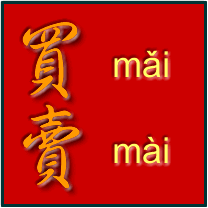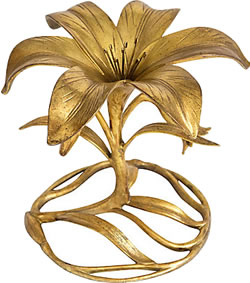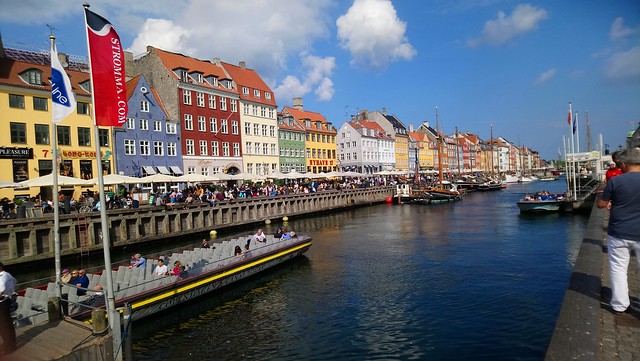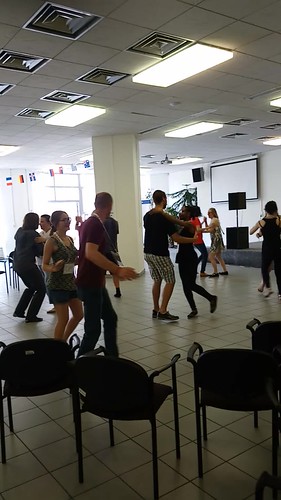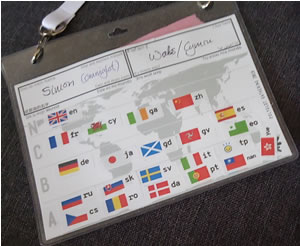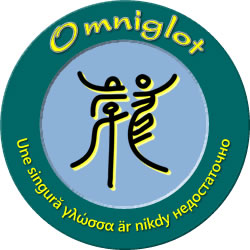
Yesterday I say a post in the Silly Linguistics Community on Facebook challenging people to write a sentence in all the languages they speak. This is what I came up with:
Tha e duilich writing une phrase ym mhob språk atá agam, pero ich 試試 red ennagh symoil を書く, kaj nun я хочу říct že il mio tomo tawa supa está cheio de țipari.
This means “It is difficult writing a sentence in every language I speak, but I will try to write something interesting, and now I want to say my hovercraft is full of eels”.
The languages, in order, are Scottish Gaelic, English, French, Welsh, Swedish, Irish, Spanish, German, Chinese, Manx, Japanese, Esperanto, Russian, Czech, Italian, Toki Pona, Portuguese and Romanian.
It’s not the best sentence ever, perhaps, but I enjoyed the challenge of putting it together. It also got me thinking about how many languages and writing systems I could use in a version of my motto “one language is never enough“. This motto appears on some versions of my logo, such as the one above, and I usually try to write it in several difficult languages.
Here are some versions I came up with today. The first version incorporates some of the languages I speak and am learning, plus a few others.
Une singură 语言 är nikdy недостаточно – languages = French, Romanian, Chinese, Swedish, Czech / Slovak, Russian.
Ett seule 言語 ist nunca yn ddigon – languages = Norwegian / Swedish, French, Japanese, German, Portuguese / Galician / Spanish, Welsh.
Jeden lingua er niemals suficiente – languages = Czech / Polish / Slovak / Rusyn, Asturian / Chamorro / Corsican / Galician / Italian / Latin / Sicilian / Interlingua, Danish / Faroese / Icelandic / Norwegian, German, Spanish / Asturian.
Can you incorporate more languages and/or writing systems into this phrase?
